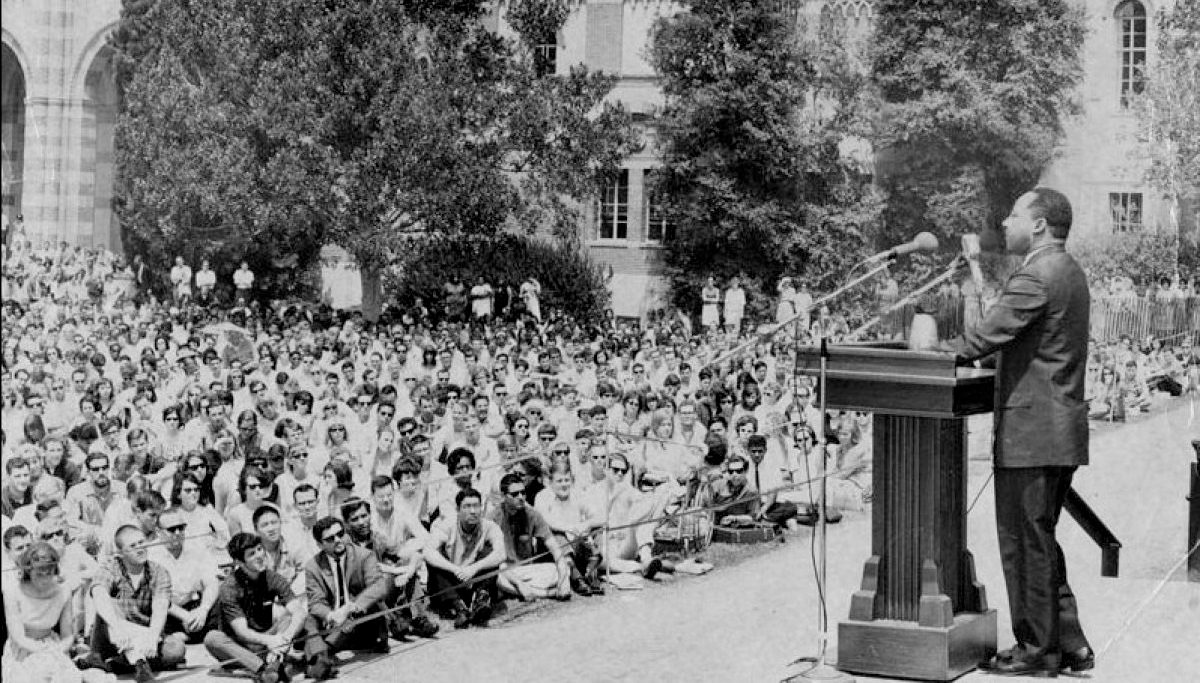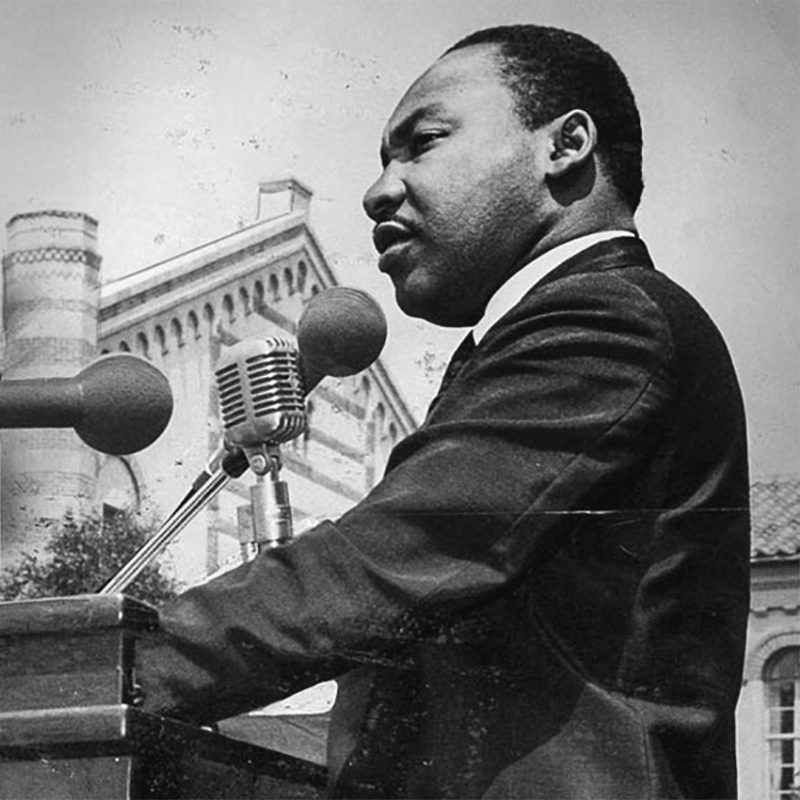
UCLA’s Century of Activism
For a century, UCLA has been a model for student activism and civic leadership. Always in the forefront of athletics, academics, and national rankings, UCLA also excels in producing agents of change whose research, teaching, and service focused on social justice is part of the Bruin legacy.
Student activism at UCLA began in 1934 when more than 3,000 Bruins filled Royce Quad to protest the university’s decision to suspend five students, including the student body president, for “communistic” activities. From 1938 to 1945, Félix J. Gutierrez edited The Mexican Voice as part of an effort to organize Mexican American students in the Southwest. During World War II, Bruins of all backgrounds were horrified to witness the brutal incarceration of Japanese American classmates and the uprooting of their families. The turbulent ’60s and ’70s saw massive student and faculty protests, sit-ins, peace demonstrations, and antiwar events. The successful tenure campaign for Don Nakanishi in the 1980s was a watershed moment as student and faculty demanded greater diversity at all ranks of the university.
The civil rights era ushered in UCLA’s first major commitment to racial equality in the creation of four ethnic studies research centers in 1969, currently under the umbrella of the Institute of American Cultures (IAC). Around this same time, UCLA history instructor Edward Castillo (Luiseno-Cahuilla) traveled with twenty-five Native American students to participate in the occupation of Alcatraz, a seminal event in the indigenous rights movement.
The IAC, which includes the American Indian Studies Center, the Asian American Studies Center, the Ralph J. Bunche Center for African American Studies, the Chicano Studies Research Center, and the corresponding ethnic studies departments initiated a new era of student-led activism and research and the expansion of university priorities. A few years prior, the Center for Labor Research and Education (Labor Center) was established to address pressing issues requiring labor-university collaboration, including the opening of the Downtown Labor Center and building bridges between students and faculty and the traditional labor movement, immigrant communities, and worker movements around the world. The Labor Center also created innovative worker and popular education programs, along with student internship and leadership opportunities in economic and civil society development.
UCLA’s global connections expand its reach and enable its impact on profound issues of our time: poverty, immigration, employment, incarceration, racism, environmental inequities, health care and education access, and the importance of culture and art in social justice work. Bruins are building on this legacy of activism by organizing and working with undocumented students, supporting Black Bruins Matter, pushing UCLA’s faculty to approve the diversity requirement and the acknowledgement of our presence on the traditional, ancestral, and unceded territory of the Tongva/Gabrielino peoples. These and other pivotal events during the past 100 years have led to an empowered UCLA community that has resisted, pushed, and engaged the university to promote social justice and embrace its public mission in the creation, dissemination, preservation, and application of knowledge for the betterment of our global society.
UCLA’s global connections expand its reach and enable its impact on profound issues of our time: poverty, immigration, employment, incarceration, racism, environmental inequities, health care and education access, and the importance of culture and art in social justice work.


